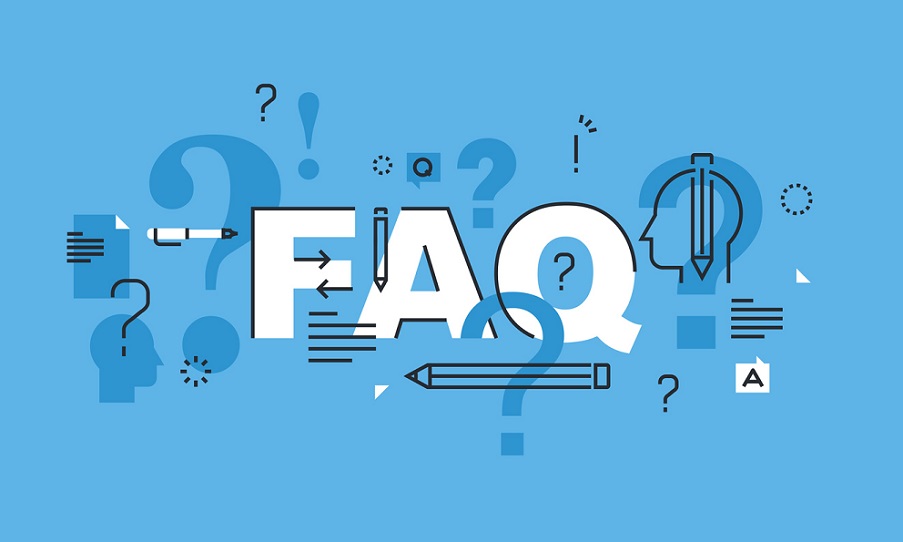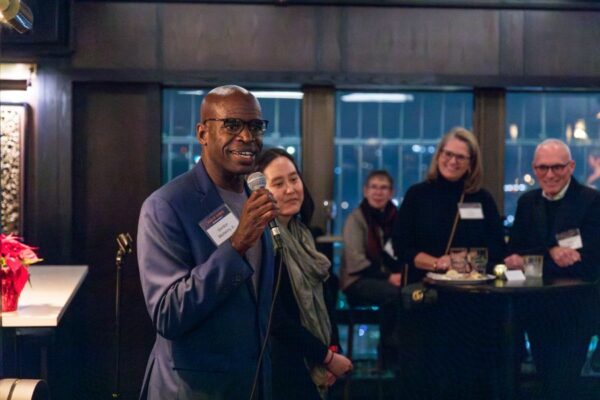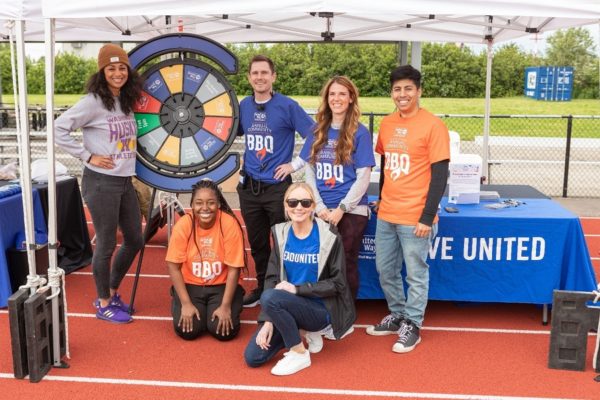Donors’ Frequently Asked Questions (Really)
Ever read a list of Frequently Asked Questions and wonder: Who on earth would ask these questions frequently?
At United Way of King County, we hear you. That is why we strive to keep a pulse on topics key to our donors (and would be donors), everything from where their money goes to our political leanings. Rather than concoct our own FAQ list, we go right to the source; we want to know donors’ curiosities, concerns and queries as we do our best to keep them well informed about or mission and our work.
With that in mind, we’ve asked the United Way Development Team – a group of more than two dozen hard-working people that are closest to our giving communities – to answer the five of the most Frequently Asked Questions they receive from donors. Those questions and answers are below. Take a look at our FAQ, and if you don’t see a question you’d like to ask, send it to us in the Comments Section.
Q: Why give to United Way? If I have a cause that resonates with me, why don’t I just find a charity and write a check? And if it’s a partner that works with United Way, why don’t I just give to that partner directly, and not through United Way?
A: Great question. We get that a lot. You should definitely give to the organization of your choice. When you give to United Way you give to an organization has spent 100 years solving problems that King County residents face and addressing their needs, both short-term supports and long-term solutions. We are, for example, providing rental assistance while advocating for renters’ rights. We partner with organizations to ensure that children are prepared for kindergarten while reconnecting high school students who are disengaged from education. Throughout this work, we have built relationships and trust with communities and organizations who closest to the problems and best understand the solutions. We are also foster relationships between those organizations so they can share best practices and make supports available throughout the community. Through participatory grantmaking, we are ceding decision making power for funding to communities impacted by funding decisions. In giving to smaller, grassroots BIPOC organizations, we help them to be more financially viable, more capable of growing their footprint and more robust in serving communities they understand the best.
Q: Why do you think you’re the ones suited to do the racial equity work? Are you the right people to do this work?
A: We don’t position ourselves as a leader in this. We are working, and the work is hard, the work is honest and the work is real. Because of that, we recognize the need is there. We must do this work. We must be honest about where we are. And we want to invite all our partners and the community to help us as we learn and help us as we grow. We are not positioning ourselves as experts, but we are saying, “Please join us on this journey, as we learn, as we grow, as we make mistakes and fail and learn from those mistakes to better serve all communities in King County.”
We must do this work. We must be honest about where we are. And we want to invite all our partners and the community to help us as we learn and help us as we grow.
United Way of King County
Q: Will my giving be meaningful or make any difference?
A: If you have ever had to ask for help or to get support, you know that all giving counts. At United Way, we embrace holistic solutions, especially with isolated communities. We help meet people’s immediate needs, like food or rent, and we strategize long-term solutions. There’s no way we could do that if only a few gave. It takes everyone.
Q: With all the government money given for areas such as rental assistance, why do you need my money?
A: In the case of rental assistance, government funding excluded members of our community, and private philanthropy can fill those gaps.
Q: Is United Way political?
A: At United Way, we are a nonpartisan organization, and we hope to bring together as many people as possible – on both sides of the aisle – to work on hard problems. There are times when we take on positions on issues such as revenue or other key legislation that we believe will have a meaningful in our goal to realize a racially just community where all people have homes, students graduate and families are financially stable.




Comments